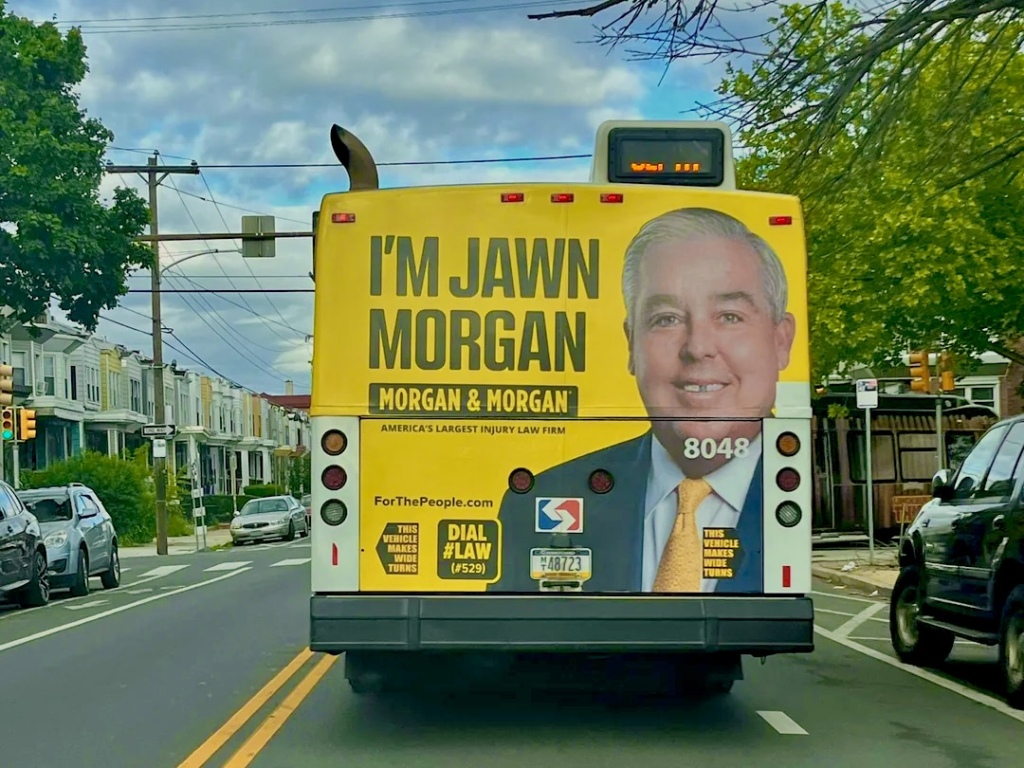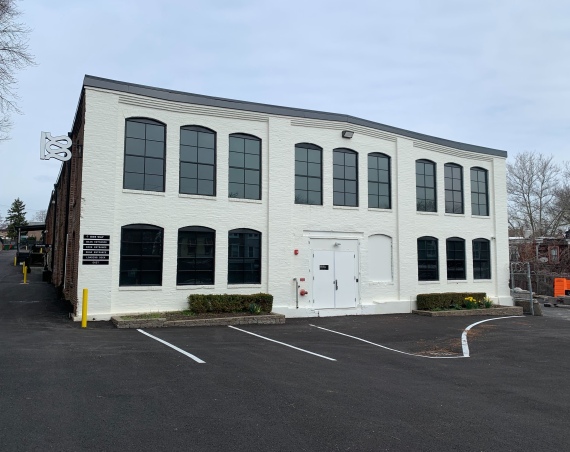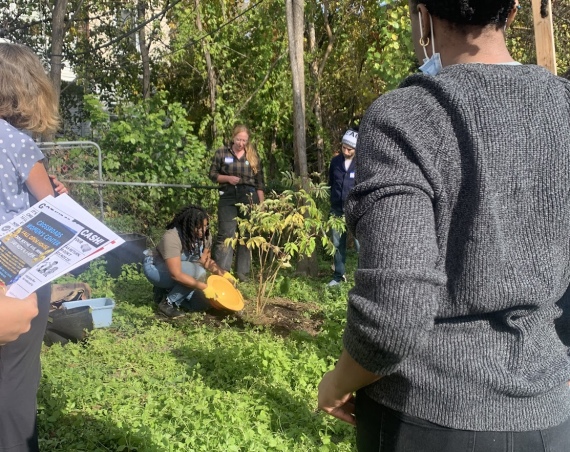
The first time I remember hearing someone use jawn incorrectly, I was in NY. They knew I was from Philly, so they called themselves “speaking my language.” I really didn’t think about it again until Meek Mill dropped I’m A Boss three years later. Then it seemed like everywhere I traveled or lived, somebody was slinging jawn or bul in my direction incorrectly. I thought to myself, is Philly lingo going mainstream?
I grew up in programs and schools where our teachers and instructors corrected or flat out did not allow us to use words like jawn or bul. It’s how I understood that jawn was something that Black people in Philadelphia said; I never knew it to be a universal Philadelphia word. In all of my experience, the words of Black folks are unreal or invalid until Merriam-Webster catalogs them.
Sometime in the last few years, jawn’s mainstream appeal has taken it from law firm ads to campaign slogans. I was particularly annoyed during the last election cycle when the “Count Every Jawn” slogan was everywhere. If they had to use jawn, the slogan should’ve been something more like, “Count All Them Jawns.” That would have been more accurate to the vernacular.
Having your life and culture go mainstream is always a very interesting double-edged sword.
After centuries of suppressing and denying Black culture and creativity, the mainstream has commodified it. I remember watching an MTV special a few years ago and finally hearing hip-hop referred to as American music. I was stunned for at least five minutes. I couldn’t believe I had lived long enough to see a genre of Black music be slandered, made derogatory, called Black, and then finally “embraced,” watered down, and made American. And that’s what happened with jawn – it’s finally been made Philadelphian.
These days, our language, arts, and creative aesthetics don’t even have time to simmer before they’re viral on TikTok, and JetBlue is using them in commercials. I came up in a time when white suburban kids were really the only ones you’d see appropriating Black culture. When I finally got on TikTok two years ago, I was shocked to see that people of all backgrounds seemed to have hopped on the appropriation bandwagon. People with “queen” and “sis” on their tongues in every video, appropriating Black queer culture – I couldn’t believe it.
To top all of that off, I started seeing all these TikTok duets and response videos of people being annoyed with Black people’s frustrations with the misuse of our language, dances, etc. “Sharing cultures is natural,” I remember seeing one woman from somewhere in the global south say. But I think the point that many people miss is that the “sharing” of Black culture, in the US specifically, has never been an exchange.
Our culture is constantly bastardized and manufactured as another product for American and global consumption. Think about how long rock & roll was the domain of Black Southerners; it was considered “race” music that certainly couldn’t be shown on television or played on the radio before Elvis became the face of the genre. We never get the credit for what we create. This is co-opting.
In the attempt to balance this argument with examples of positive culture-sharing, it was nearly impossible to find one that wasn’t loaded or subtly underpinned by a past act of racism or policy of exploitation. Consider another musical example, i.e., The Rolling Stones amplifying and crediting Tina Turner, a Black female rock artist, as their inspiration. On the surface, this is a positive thing and a great example of culture-sharing; however, by the time the band made that lovely gesture in public, they had already attained a level of massive success that was completely unheard of for most of the Black artists who originated the style in the first place.
I’m saying all of this to say to our gentrifiers: stop that sh&t! No more pirating our language, styles, or expressions. True appreciation of Black culture could never develop without a meaningful connection with the Black lives and experiences that shape that culture. As a rule, those meaningful connections don’t exist here. In fact, current efforts like the suppression of Critical Race Theory and the erasure of Black history actually aim to make such relations impossible.
I have personally been hearing Black people use the word “woke” since I was a child. It’s how we say, “Open your eyes and pay close attention to what institutions, corporations, and individuals are doing to you, to your people, and to the world.” In recent years, you can hear any of the most well-known white evangelicals or political moderates and conservatives slinging around terms like “the woke mob” in the same way they used to say “thugs,” “super predators,” “crack epidemic,” or “welfare queens.”
I’ve never believed that you can appreciate people and hate them simultaneously, and the hate against us is well-established. The things Black Americans built were meant to create a shared safe space against the harm done to us by white supremacy. Black culture itself is built from our responses to the trauma of generations of enslavement and pain. Stealing those pieces of us is especially harmful and ironic.
So, when acceptance of my existence as a Black person is limited to co-opting my vernacular, why would I accept that as a compliment? Jawn is not a product of mainstream Philadelphia any more than hip-hop is a product of mainstream America, and to claim otherwise goes beyond appropriation. Black culture is rich and sparkling; to love it is to love us. But making money off our culture while erasing us from it is not love. Holding contempt for our humanity while marketing our style is not love.
I never thought Black culture could go mainstream, but time proved me wrong; maybe that means there’s hope that respect will someday go mainstream, too.



